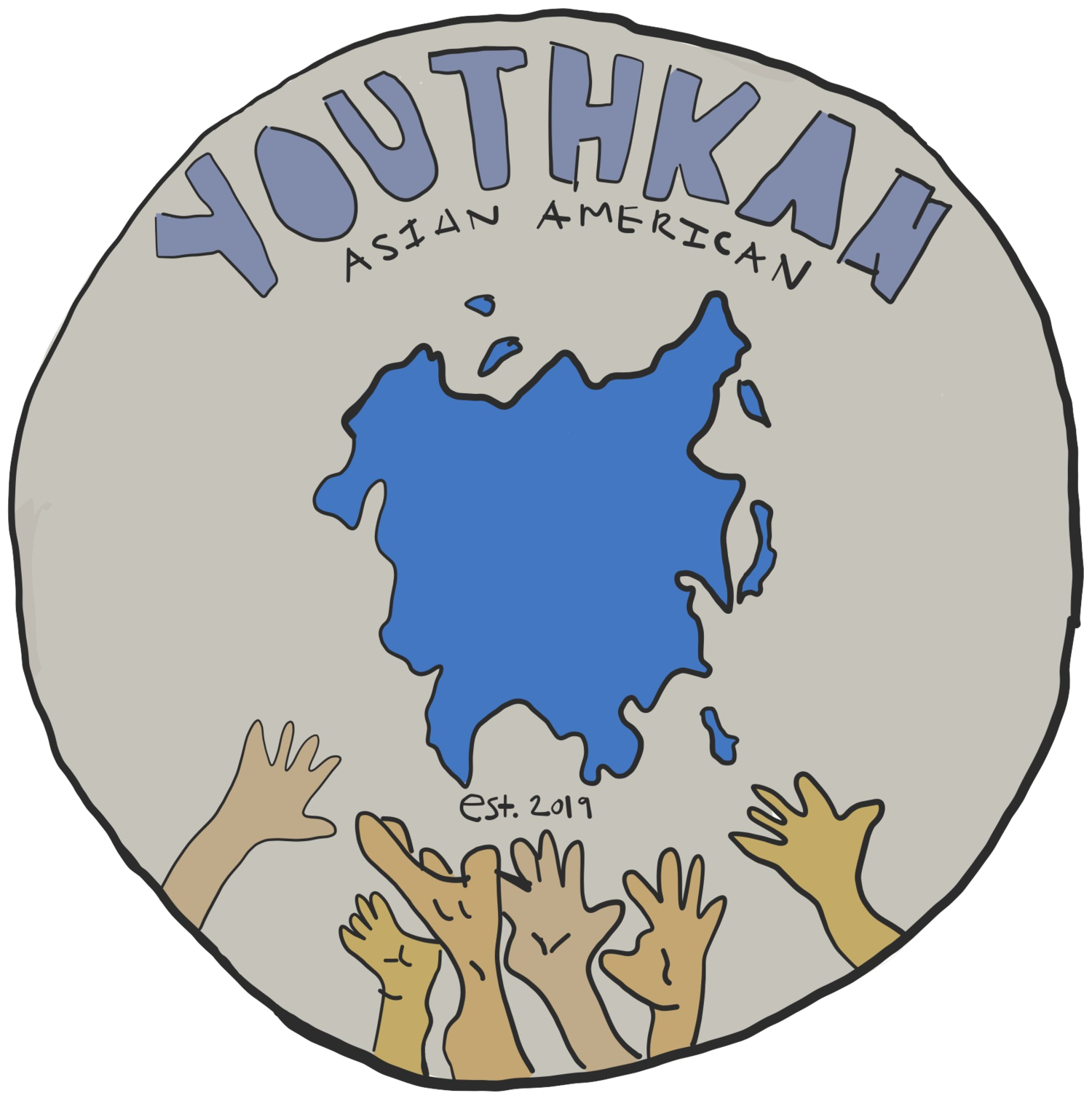What is Ours
What is Ours
Allow me to say it: the best part of any eleven-and-a-half-hour flight is watching five movies back to back that you would never have picked for yourself in any other given situation. As our plane began to accelerate, roar, and tilt towards the sky, I reached for the cellophane-wrapped headphones tucked into the seat in front of me. Had I been flipping through shows while resting at home, I would have selected a familiar episode of my favorite comedy or crime series. But it had been nearly eight years since I had set foot in Korea; it wouldn’t hurt to quickly get up to date with a movie the Korean media had released within a year or so. I briefly browsed my options marked under “Korean Movies” and clicked on the first stodgiest-looking cover I saw: MAL-MO-E: The Secret Mission (2019).
“This looks… Informative.”
Mal-Mo-E, meaning “the collection of vocabularies” in the old Korean dialect, served as the film’s premise. Based on historical events occurring between the late 1930s and 1940s, MAL-MO-E: The Secret Mission (2019) tells the story of the Korean Language Society and their sequestered efforts to preserve the Korean language in resistance against the Japanese Imperial government. The plot revolves around the protagonist, Kim Pan-Soo, an unemployed, illiterate, single father, and his journey in finding a deeper connection to the Korean language, which the Japanese Imperial government is actively looting from his people. This aspect of Japanization, particularly of the education of Korean children, was depicted through a revolting scene where a replacement school teacher rages the classmates of Kim’s son for speaking Korean in school. But, being unemployed, illiterate, and very poor, Kim does not seem to make much of this since his priorities are finding work and supporting his two children.
While on the search for a job, Kim encounters a Korean child on the streets that only speaks Japanese. To me, this was one of the most unsettling parts of the film. For obvious reasons, Kim expresses confusion but continues on his search for work. He eventually finds work in the Korean Language Society, disguised as book vendors throughout the film. Kim is hired for repair work but soon learns of the Society’s cause. He becomes aware of their efforts and struggles to secretly assemble a dictionary compiling all known aspects of the Korean language, including vocabulary and the regional dialects. More importantly, the members of the Korean Language Society show Kim the weight of the matter by describing the critical role that the Korean language plays in Korean culture.
Ultimately, Kim becomes an active advocate of preserving the Korean language for the sake of Korean children, such as his own. He learns to read and write and contributes to the collection of Korean vocabulary for the dictionary. At the end of the film, Kim sacrifices his own life to hide and protect the Society’s dictionary. The closing scene shows Kim’s son remembering his father, just as we remember our ancestors who shed blood and sweat fighting for our country.
“Our country.”
What sets the Korean language apart from others is that it shapes the way we treat one another. In Korean, we say “our mother,” “our father,” “our siblings,” “our friends,” as opposed to “my family” or “my house.” We regularly remind one another that we are a part of something greater—a Korean nation that we must protect and nurture as a continuation of the tenacity of our ancestors—through our language.
“Our language.”
MAL-MO-E: The Secret Mission (2019) not only addresses the hardship and heartbreak endured by our ancestors but draws attention to an issue that hits closer to home, quite literally. Too often, I encounter young Korean people here in the United States who cannot speak Korean. To meet another Korean speaker is always a joy because we can express things that English does not express so well. But to greet someone in Korean and receive “I’m sorry, I don’t speak Korean well.” in return conjures the sense of a language barrier even though we both speak English. How different, then, is our situation from Kim’s encounter with the Japanese-speaking child? Here in the United States, our language and culture are not so much forcefully taken from us as much as we are carelessly allowing them to slip through our fingers. Like our protagonist Kim Pan-Soo, I now understand that a language is more than a matter of communication; to preserve our language is to nurture our culture. To nurture our culture is to protect our people.
“Our people.”
I leaned back and extended my legs in a satisfying stretch. I removed my headphones and smiled to myself, feeling inspired to share these thoughts and take action driven by these ideas. In the coming years, I would encourage young Korean Americans to reclaim a solid connection to their culture through learning Hangul and becoming active members of local Korean communities, a passion that I will take with me long into my future. Looking out the tiny airplane window, I felt grateful to be a part of the vibrant, tenacious culture that is Korea. Our home.
